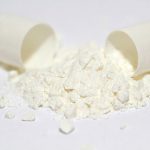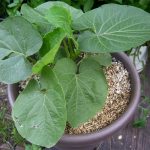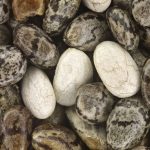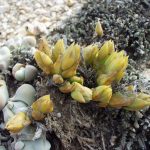Bovine colostrum holds much promise as an all-around immune system supplement. Colostrum is a special type of milk from cows that have recently given birth. Bovine colostrum may help the immune system through: Supplying immune factors. Bovine colostrum contains a wide range of natural compounds with antiviral, antimicrobial, anti-inflammatory, and immune-boosting … [Read more...]
Kava Kava for Stress
Pacific herb kava kava may help with stress by reducing anxiety. Kava kava is a herb from the Western Pacific with sedative and psychoactive properties. It specifically may relieve stress by: Reducing anxiety. Kava kava has been identified as a reliable remedy for anxiety. Overview Kava kava (Piper methysticum) is a plant with deep ties to Polynesian and … [Read more...]
Chia Protein
Ancient chia seed may provide a nutritious, heart-healthy supply of protein. Chia protein generally refers to the nutrient-rich seeds of the chia plant. It is believed to impart such potential benefits as: Promoting cardiovascular health. Chia may lower cholesterol and blood pressure, as well as reduce the risk of developing cardiovascular disorders. Combating … [Read more...]
Kanna as a Nootropic
Traditional South African herb kanna may reduce anxiety & depression and improve cognition. Kanna is a South African plant used to reduce stress and improve mental well-being. It may hold several nootropic benefits, namely: Anxiolytic activity. Kanna has been demonstrated to reduce anxiety and stress in both animals and humans. Antidepressant activity. Kanna … [Read more...]
Eggshell Membrane for Joint Health
The unique composition of eggshell membrane seems to relieve joint pain. Egg shell membrane is derived from eggshells. It may improve joint health by: Reducing joint pain. Eggshell membrane contains collagen, glucosamine, chondroitin, and hyaluronic acid, which are essential to healthy cartilage, connective tissue, and joints. Overview Eggshell membrane … [Read more...]




